The disease that causes loss of sense of smell
Over the past year, Mr. LT suddenly lost his sense of smell, causing his quality of life to decline significantly.
During that time, he fell into a situation where he “didn’t know the taste of food, didn’t know the danger”. The man gradually lost interest in meals, his spirit declined, and life became boring. He couldn’t recognize the smell of smoke or gas leaks - warning signs of risks in daily life.
Despite visiting medical facilities and trying many treatments, his sense of smell did not improve. Recently, while reading the news, he learned that the Saigon South International General Hospital had successfully treated a case of loss of smell for 8 years, so he decided to come here.
Master, Doctor, Specialist II Nguyen Truong Khuong - Professional Director of the hospital - directly examined and ordered a CT scan for the patient.
The man also underwent an ENT endoscopy using a modern Olympus flexible endoscope system, with a diameter of only 2.6mm, allowing deep observation of the smallest nasal cavities to accurately assess the damage.
The results showed that Mr. T. had a severe deviated nasal septum, and a series of nasal polyps appeared in many locations such as the ethmoid sinus, maxillary sinus, frontal sinus, and nasal cavity (where the olfactory nerve is located).
These lesions are the cause of airway obstruction, reducing the sense of smell, leading to the patient's loss of smell.
According to Dr. Khuong, the condition of decreased or lost sense of smell can stem from many causes, including infections due to flu, acute sinusitis, chronic nasal congestion or abnormalities in the nasal structure such as a deviated septum, nasal polyps, or even tumors.
These factors all contribute to obstructing the flow of air through the olfactory area, causing the patient to no longer be able to sense smell.
In cases of loss of smell due to infection, medical treatment with anti-inflammatory drugs can help improve. But when the cause comes from structural damage, surgery to remove the obstruction is an effective solution to reopen the airway and restore the sense of smell.
"2 in 1" surgery completely restores sense of smell
To resolve the airway obstruction, Master, Doctor, Specialist II Nguyen Truong Khuong and the hospital team performed two techniques simultaneously in the same surgery. These were endoscopic septal correction and endoscopic ethmoid-maxillary-frontal sinus opening to remove nasal polyps.
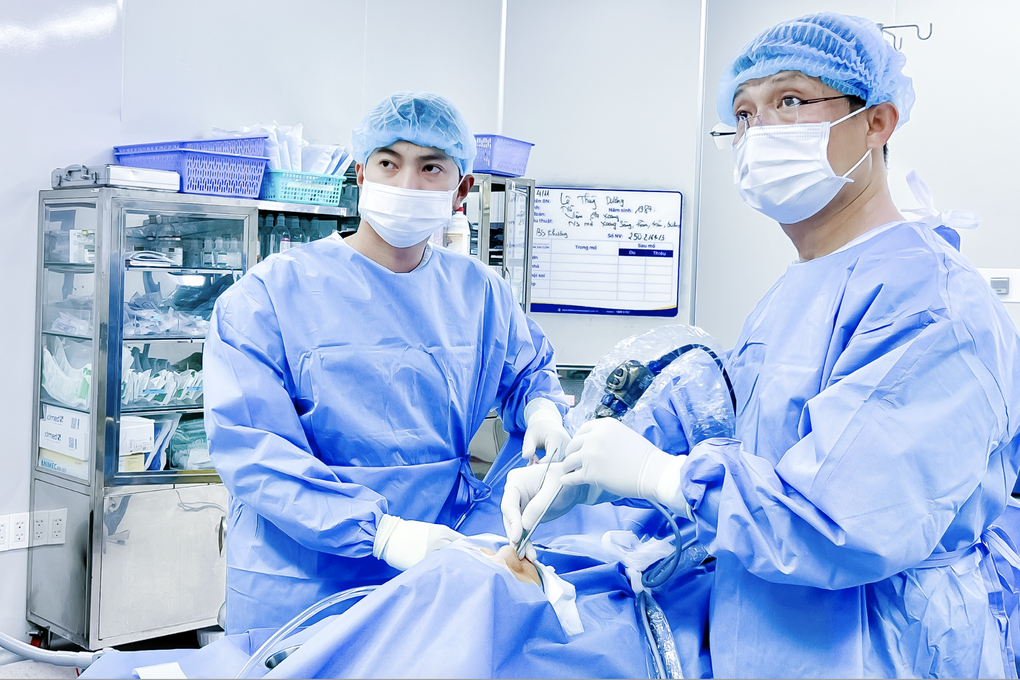
The endoscopic surgery team performed septal correction and polyp removal for Mr. T. (Photo: Hospital).
During the surgery, the team used the Osseous Shaver system, a modern device with a micro-cutting head and the ability to cut and suck at the same time. This technology helps to gently remove diseased tissue, reduce bleeding and minimize damage to healthy tissue.
Thanks to the continuous irrigation mechanism, the device helps keep the operating cavity clean so that the doctor can observe clearly and operate more precisely, while shortening anesthesia time.
After more than 2 hours of surgery, all obstructions were removed, Mr. LT's airway was clear and the nasal structure was optimally preserved. 2 days after surgery, he began to sense some smells - a sign that his sense of smell was recovering.
“I felt a very clear change after the surgery. Even though it was just a basic scent, it gave me a lot of hope. Thank you, Dr. Khuong, for treating my condition,” the patient emotionally shared.
After 2 weeks of combined treatment at home, the man's sense of smell was completely restored, his health was stable, he could fully recognize scents in daily life, and his quality of life also improved significantly.

Doctor checks patient's airway 1 day after surgery (Photo: Hospital).
Dr. Khuong said that loss of smell is sometimes just a temporary symptom of inflammatory conditions such as flu, cold or sinusitis. However, if the condition persists and medical treatment is ineffective, the patient should go to a reputable medical facility for examination and to find the exact cause.
“Patients should not be subjective when experiencing prolonged loss of smell, because this can affect health, make eating less enjoyable, increase the risk of food poisoning due to not detecting rancid smells, not recognizing smoke or gas, which can easily lead to accidents due to fire or explosion.
The disease also causes stress, anxiety and reduces quality of life," Master, Doctor, Specialist II Nguyen Truong Khuong emphasized.
Source: https://dantri.com.vn/suc-khoe/can-benh-oai-oam-khien-nguoi-dan-ong-khong-the-cam-nhan-thuc-an-20251119225542353.htm



![[Photo] National Assembly Chairman Tran Thanh Man holds talks with South Korean National Assembly Chairman Woo Won Shik](/_next/image?url=https%3A%2F%2Fvphoto.vietnam.vn%2Fthumb%2F1200x675%2Fvietnam%2Fresource%2FIMAGE%2F2025%2F11%2F20%2F1763629724919_hq-5175-jpg.webp&w=3840&q=75)


![[Photo] Lam Dong: Panoramic view of Lien Khuong waterfall rolling like never before](/_next/image?url=https%3A%2F%2Fvphoto.vietnam.vn%2Fthumb%2F1200x675%2Fvietnam%2Fresource%2FIMAGE%2F2025%2F11%2F20%2F1763633331783_lk7-jpg.webp&w=3840&q=75)
![[Photo] President Luong Cuong receives President of the Senate of the Czech Republic Milos Vystrcil](/_next/image?url=https%3A%2F%2Fvphoto.vietnam.vn%2Fthumb%2F1200x675%2Fvietnam%2Fresource%2FIMAGE%2F2025%2F11%2F20%2F1763629737266_ndo_br_1-jpg.webp&w=3840&q=75)









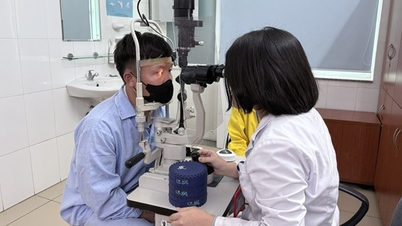








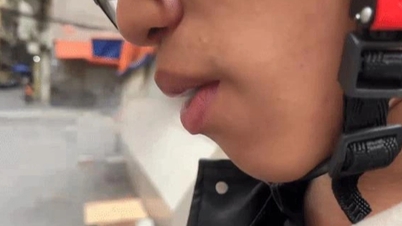








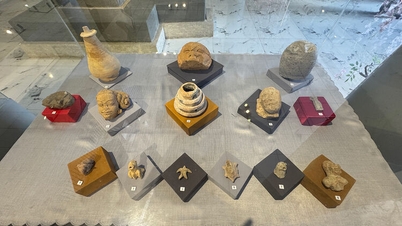



















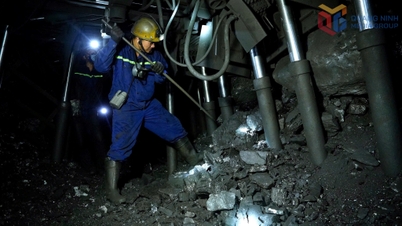

















































Comment (0)